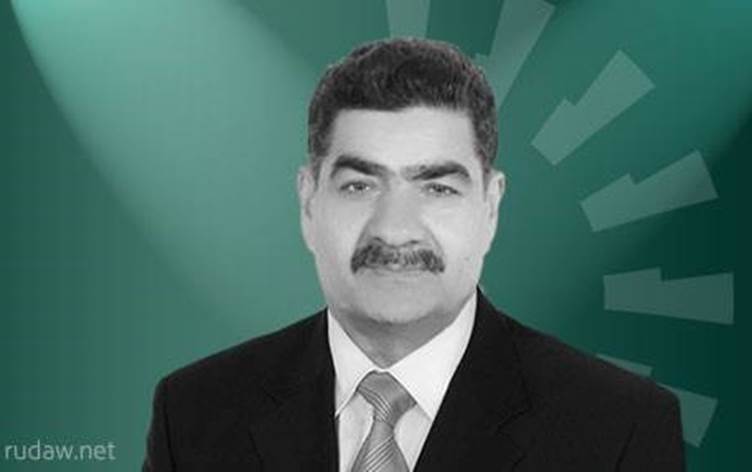| RRC
By Dr.Othman Ali
Member of Rudaw Research Center’s Advisory Council |
The statement that was issued after the summit between Turkish President Erdogan and the Russian President Putin on March 7, 2020 has some points that need to stand with it. The Russian President said that the agreement provided for the protection of civilians and end of their suffering, deliver humanitarian aid to the displaced, and respect the territorial integrity of Syria.
Erdogan pointed out that the Geneva track on Syria should be reconsidered during the next stage, stressing that his country retains the right to respond to any attack by the Syrian regime.
Provisions of the agreement
The recent agreement between Turkey and Russia is an additional protocol to the Sochi Agreement, and it includes three main points:
-A security corridor will be established 6 km deep to the north and 6km deep to the south of from highway M4.specific parameters of the functioning of the security corridor will be agreed between defense ministers of Turkey and Russia within a week.
-Cease all military actions along the line of contact in the Idlib de-escalation zone starting from 00:01 March 6, 2020.
-Joint Turkish and Russian patrolling will begin on March 15 along highway M4 from the settlement of Trunbah (2 km west of Saraqeb to the settlement of Ain al-Havr regions.
Messages from new Russia-Turkey deal
The agreement gave legitimacy to the current lines of contact, and this means that Turkey relinquished from its previous demands that the forces loyal to Russia and Syria should withdraw to the pre-attack lines and violate the Astana agreement, in other words, the Syrian government retaken its control over more than 1,000 km, and this is an achievement. Especially the regime’s control of the strategic city of Saraqeb that links the cities of Aleppo, Lattakia, and Lattakia-Damascus.
As for the Turkish government, it can tell the Turkish public that it retaliated for the blood of its stalemate and killed hundreds of Syrian forces, and the Russian-Iranian-Syrian plan failed to put Turkey in a critical angle and create a new refugee crisis for it. Also can tell that retained control of the city of Idlib and its surrounds as a card for future negotiations on Syria’s political fate.
And following the talks Russian President Putin said “We do not always agree with our Turkish partners in our assessments of what is happening in Syria, but each time at critical moments, relying on the achieved high level of bilateral relations, we have thus far managed to find common ground on the disputed issues that have arisen, and come to acceptable solutions and that was the case here.”
This deal between Putin and Erdogan like the previous agreement that was reached on Idlib in September 2018, is unlikely to end the war in Syria.
The fighting was a heavy blow to Putin’s earlier successful efforts to sponsor Erdogan in the hope that Turkey, the far eastern member of NATO, would help Russia to sow discord within the US-led military alliance.
It also revived a divisive debate within Europe on refugees after Turkey dropped a previous agreement with the European Union to stop the flow of migrants through its territory. Greece, through which most refugees from Syria and economic migrants from elsewhere hope to enter Europe, has closed its eastern border with Turkey and refused to allow people to flee.






